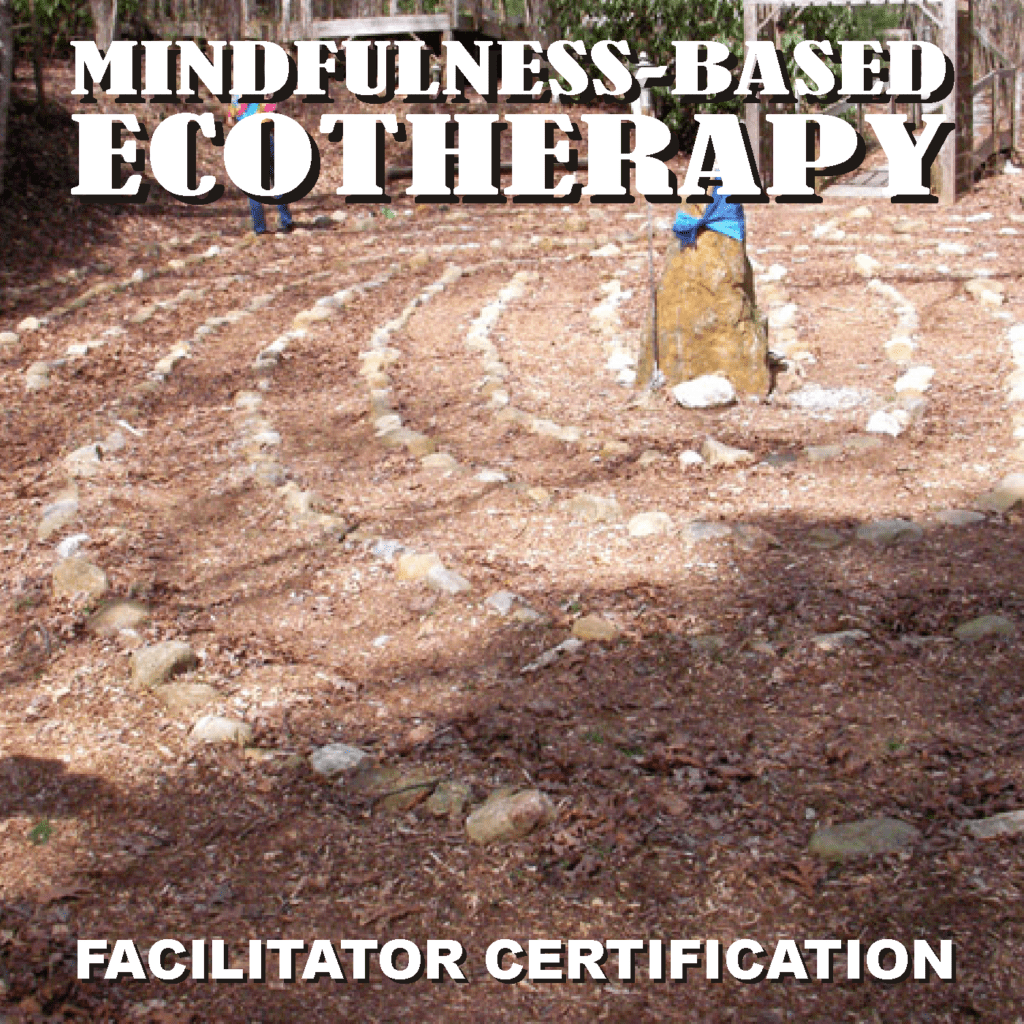
Table of Contents
Chronic pain is more than just a physical condition—it affects every aspect of life, from emotional well-being to social relationships. Many people with chronic pain struggle to find relief through traditional medical treatments alone. However, a growing body of research suggests that mindfulness-based ecotherapy (MBE) can be an effective tool in managing chronic pain. By combining mindfulness techniques with the healing power of nature, MBE offers a holistic approach to pain management that fosters resilience, reduces stress, and improves overall quality of life.
What is Mindfulness-Based Ecotherapy?
Mindfulness-Based Ecotherapy (MBE) integrates mindfulness practices with nature-based interventions to promote mental and physical well-being. It draws from principles of ecotherapy, which emphasizes the therapeutic benefits of connecting with nature, and mindfulness, which encourages present-moment awareness and nonjudgmental acceptance.
For individuals with chronic pain, MBE offers a unique way to shift focus away from suffering and toward healing. Instead of resisting pain, mindfulness encourages acceptance, helping individuals develop a healthier relationship with their bodies. When practiced in natural settings, this process is enhanced by the soothing effects of the environment, which can lower stress levels and promote relaxation.
How Mindfulness-Based Ecotherapy Helps Manage Chronic Pain
- Reduces Stress and Anxiety
Chronic pain often triggers stress and anxiety, which can intensify discomfort. MBE helps break this cycle by teaching individuals how to observe their thoughts and emotions without becoming overwhelmed by them. Spending time in nature further amplifies these benefits, as exposure to green spaces has been shown to reduce cortisol levels (the body’s primary stress hormone). - Enhances Pain Acceptance and Resilience
Pain becomes more manageable when it is acknowledged rather than resisted. Mindfulness teaches people how to accept their pain with compassion rather than frustration. This shift in perspective can prevent the emotional suffering that often accompanies physical discomfort, allowing individuals to respond to pain more constructively. - Encourages Gentle Movement and Mindful Awareness
Mindful walking, tai chi, and yoga in natural settings can help individuals stay active while being mindful of their body’s limitations. Engaging in slow, intentional movements outdoors not only improves physical function but also provides an opportunity to connect with nature, further enhancing relaxation. - Promotes Emotional Healing
Nature has a grounding effect that can help individuals process the emotional toll of chronic pain. MBE encourages practices such as journaling in nature, guided meditation by a river, or simply observing the rhythm of the natural world. These activities can foster emotional release and create a sense of peace. - Improves Sleep Quality
Many people with chronic pain struggle with sleep disturbances. Mindfulness can help regulate sleep by calming the nervous system and reducing nighttime rumination. Spending time outdoors, especially in the morning sunlight, can also help regulate the body’s circadian rhythm, making it easier to fall and stay asleep.
Mindfulness-Based Ecotherapy Techniques for Chronic Pain
- Forest Bathing (Shinrin-Yoku)
Originating from Japan, forest bathing involves immersing oneself in a natural environment while engaging all five senses. This practice encourages deep relaxation and has been shown to lower heart rate, reduce stress, and improve overall well-being. - Grounding Exercises
Grounding involves physically connecting with the earth, such as walking barefoot on grass or sitting against a tree. These exercises can promote a sense of stability and help individuals feel more in tune with their bodies. - Mindful Breathing in Nature
Practicing deep breathing while surrounded by natural elements can help regulate the nervous system and reduce pain perception. A simple technique involves inhaling deeply through the nose for four counts, holding for four counts, and exhaling slowly through the mouth for six counts. - Guided Nature Meditations
Listening to guided meditations while sitting in a garden, park, or forest can help individuals cultivate awareness and acceptance of their pain. Meditations may focus on visualizing pain as a passing cloud or integrating the rhythm of breath with natural sounds. - Journaling in Nature
Writing about pain experiences in a natural setting can help process emotions and gain new insights. Reflecting on gratitude, personal strengths, and small daily victories can also shift focus away from pain and toward resilience.
Getting Started with Mindfulness-Based Ecotherapy
If you’re new to MBE, start with small, manageable steps:
- Spend at least 10 minutes outside each day, engaging in mindful observation.
- Try a simple breathing exercise while sitting under a tree or near a body of water.
- Keep a nature journal where you record thoughts, sensations, and observations.
- Take slow, intentional walks in a park or garden, focusing on each step.
- Join a mindfulness or ecotherapy group for support and guidance.
Final Thoughts
Mindfulness-Based Ecotherapy provides a powerful and natural way to manage chronic pain by fostering awareness, reducing stress, and encouraging a deeper connection with the environment. While MBE is not a replacement for medical treatment, it can be an effective complement to traditional pain management strategies. By incorporating mindfulness and nature into daily routines, individuals with chronic pain can cultivate a greater sense of peace, resilience, and well-being.
Would you like help finding mindfulness-based ecotherapy programs in your area? Let us know in the comments!
Schedule a Teletherapy Appointment with Dr. Charlton Hall
For those seeking personalized guidance in incorporating Mindfulness-Based Ecotherapy into their lives, Charlton Hall, MMFT, PhD, LMFT, offers professional teletherapy sessions. With extensive expertise in MBE, Dr. Hall provides tailored strategies to help individuals overcome insomnia and achieve restorative sleep.
How to Schedule an Appointment:
- Visit the Mindful Ecotherapy Center Website to find more information about Dr. Hall’s approach to sleep wellness and mindfulness-based therapies.
- Book a Consultation – Easily schedule a teletherapy session that fits your availability.
- Receive Expert Guidance – Work one-on-one with Dr. Hall to develop a personalized sleep-improvement plan using MBE techniques.
By integrating Mindfulness-Based Ecotherapy into your daily routine, you can naturally enhance your sleep quality, reduce stress, and achieve long-term wellness.
Schedule an Appointment Today!
Ready to take the next step? Schedule a session with Charlton Hall today and start your journey to better sleep through the healing power of nature.


